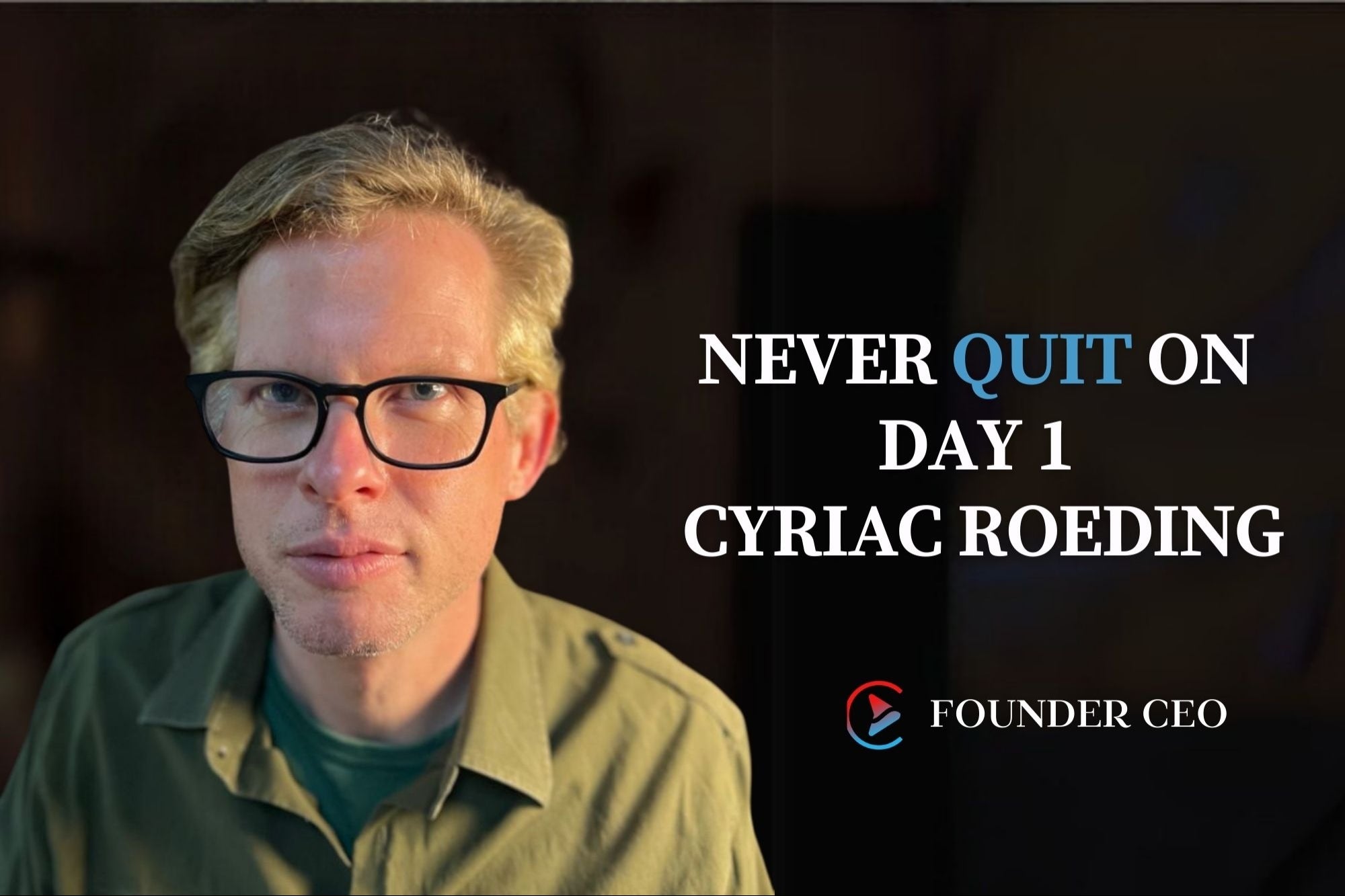Mistakes Women Entrepreneurs Make Pitching to Venture Capitalists Female founders seeking funding for their firm should review these four tips. Otherwise they could lose out in the competition for financing.
By Jessica Brondo Davidoff Edited by Dan Bova
Opinions expressed by Entrepreneur contributors are their own.
Women own 28.2 percent of U.S. companies and yet only a tiny number of these companies are securing backing from venture capital investors, according to a report by the Ewing Marion Kauffman Foundation. Based on this research, female-founded companies receive just 4 percent to 9 percent of the funds doled out by venture capital firms.
This means that very, very few women score venture funding for their startups. I'm proud to say that I'm one of them. My startup, Admittedly, received $1.2 million in venture capital funding this year. While I might not have all the answers, I've certainly learned a few lessons about pitching VC investors as a woman.
Based on my experience, here are four unique things that female entrepreneurs have to deal with and suggestions for addressing them.
Related: 3 Ways for Women to Close the VC Gender Gap
1. Address the other women at the table.
It's more and more common for venture capital firms to have women at their tables. That's a good thing and a smart business decision.
But for women who pitch, this can be a double-edged sword. On the one hand, a woman may provide valuable insight for a project or help her colleagues see the pitch differently.
At the same time, I know some women are hesitant to give criticism to other women -- especially in front of male colleagues. Women have told me they are nervous about being seen as hostile or worse. As a consequence, some women at the venture capitalist table save their criticism for after the pitch -- when the woman giving the pitch is not there to answer. That can be a real problem.
When I'm doing a pitch, I try to draw out the other women and bring them into the conversation. I ask them for their feedback directly -- at the time of the pitch. If they (or any potential investors) have questions or concerns, it's better to put them on the table in a situation where they can be addressed.
2. Try to not stand out too much.
Although I've found many VC investors want to invest in women-started businesses, having too unique a business model is problem.
Instead of trying to reformat the thinking of male investors and convince them why their traditional rules don't apply to the idea being pitched, learn the rules they use and speak in those terms. There are certain assumptions about a company's ability to scale up, get to market and go public. Embrace the venture capitalists' rules and think big -- not different.
Related: Why It's Harder For Women to Raise VC Funds
3. Avoid being complacent or vague.
The boardroom of a venture capital firm is not the place to play go along to get along.
Statistically men have proved better at asking for what they need in business and therefore getting what they want. Here's one time that I say, follow their lead.
Time and time again I see women go to business meetings and ask for things such as "backing," "support" or "investment." But "support" isn't a number. The bank won't take a check made out to "your help" so don't ask for it. If you need a million dollars, ask for it. Be specific.
Trust me, the (usually) men on the other side of the table know the meeting is about money. They will be surprised only if it isn't requested.
4. Dress well for the meeting.
For men, the choice of attire for a meeting with venture capitalists is usually easy: They either wear a suit or the tech uniform of a T-shirt and jeans.
For women, it's far more complicated. Their hair and makeup styling and shoes matter as well as the clothes selected. Appearing put together, confident and stylish is essential but there's real danger in sending the wrong message. Attention is desired but not the wrong kind.
Unfortunately there's no one-size-fits-all answer. But my rule of thumb is to be comfortable and appear professional. Don't dress different and unusual -- for your style. Women who wear a skirt and heels four days a week should do that. If someone is a pants and button-down shirt type of gal, she should wear that. Don't let fashion choices lead to uncomfortableness, physically or otherwise.
I'm the last person to say that the gap between women businesses and venture capital funding results from women entrepreneurs blowing their pitches. Venture capital firms are still dominated by men and they need to become better at recognizing the extraordinary business opportunities that women bring to the table.
But if the United States is going to close the gender gap in venture capital funding, there's work to be done on both sides.
Related: The Largest VC Fund ($500M) Raised by Majority-Female Partners Quietly Closed in June










